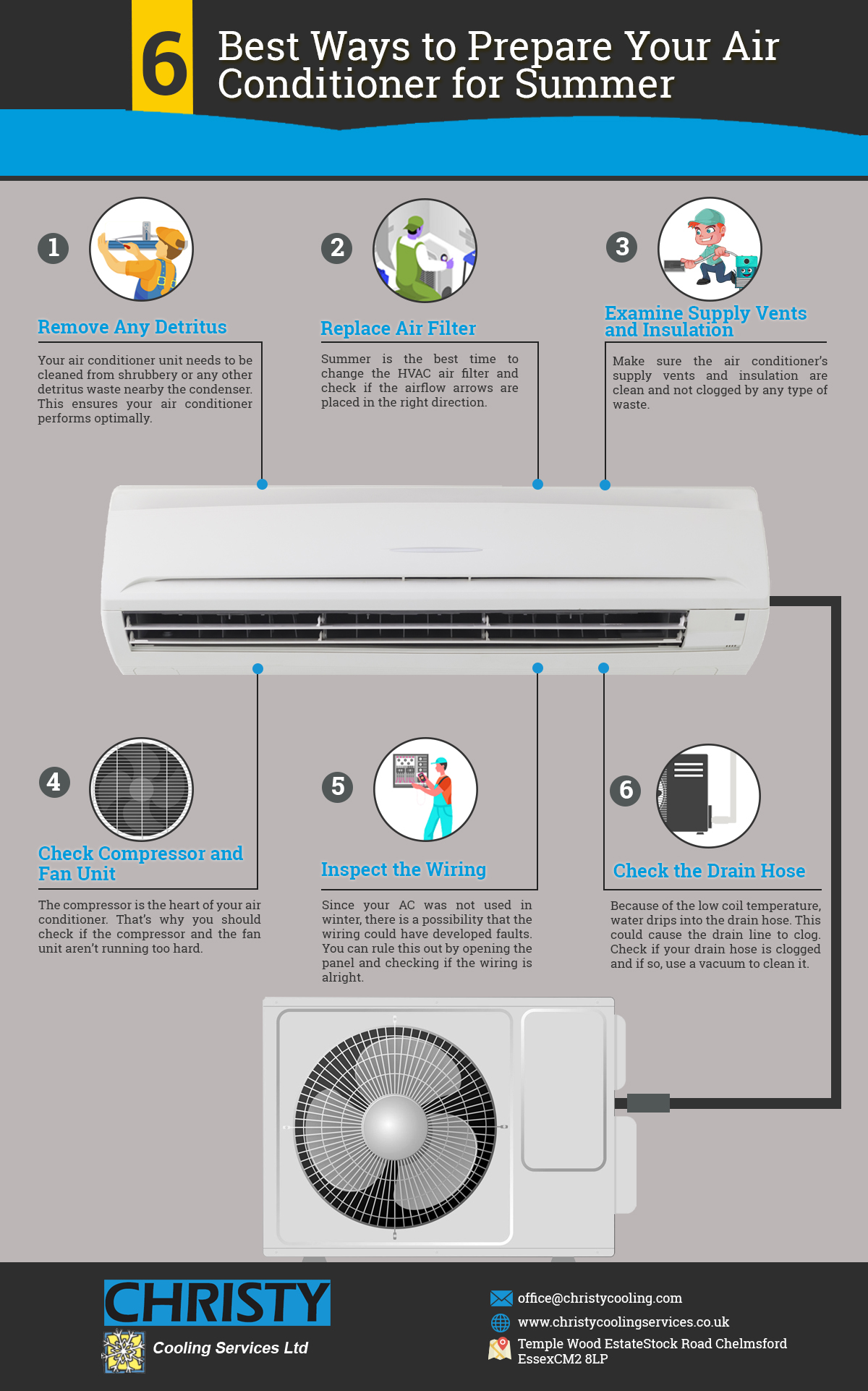Understand How To Take Full Advantage Of The Efficiency And Toughness Of Your Heatpump System By Sidestepping Constant Setup Challenges
Understand How To Take Full Advantage Of The Efficiency And Toughness Of Your Heatpump System By Sidestepping Constant Setup Challenges
Blog Article
Web Content Develop By-Garrison Cassidy
When installing a heat pump, you need to stay away from common blunders that might jeopardize its efficiency. Overlooking appropriate sizing might result in inadequacies and higher utility costs. Neglecting insulation and securing might lead to power waste and strain on the unit. Furthermore, placing the exterior device inaccurately may affect its performance. By avoiding these errors, you can ensure optimum functioning and toughness of your heat pump system.
Improper Sizing of Heat Pump
When it involves the installation of heat pumps, among the most typical mistakes is incorrectly sizing the device for your space. Guaranteeing the ideal size is crucial for ideal performance. If heat pump installation for residential is too small, it will certainly have a hard time to heat or cool your space efficiently, causing raised power bills and possible wear and tear on the system.
On the other hand, if the heatpump is too huge, it will cycle on and off often, creating temperature level fluctuations and minimizing its lifespan.
To prevent this blunder, it's vital to have a specialist examine your area and advise the proper dimension of the heat pump based upon factors like square video footage, insulation, ceiling height, and local climate. By investing the moment and effort to make certain the right sizing, you can appreciate a comfortable atmosphere while maximizing energy performance and prolonging the life expectancy of your heatpump.
Inadequate Insulation and Sealing
To make certain the efficient operation of your heat pump, it's important to attend to inadequate insulation and sealing in your room. Correct insulation helps keep a consistent temperature level inside, reducing the workload on your heatpump. Poor insulation can bring about energy loss, making your heat pump job harder and less efficiently.
Sealing any type of voids or leaks in your room is just as vital. https://emilianojpuae.blogunok.com/30710429/the-crucial-role-of-normal-heat-pump-servicing-pointers-for-homeowners enable conditioned air to escape and outside air to leak in, requiring your heat pump to compensate for the temperature variations.
Inaccurate Positioning of Outdoor Unit
Attending to the positioning of your heat pump's outside device is crucial to optimizing its performance. Setting up the outside system in a wrong place can cause efficiency issues and potential damage to the system.
One usual blunder to prevent is positioning the outdoor unit as well close to a wall or other structures. This can limit air movement, triggering the device to function tougher to heat or cool your room, inevitably minimizing its efficiency and lifespan.
Another error to avoid is positioning the outside system in straight sunshine. While new zealand heat pump is inevitable, too much direct exposure can cause overheating, especially during warm summertime days. It's best to place the outside unit in a shaded area to aid keep its ideal operating temperature.
Additionally, make sure that the exterior unit is put on a stable and degree surface area. https://archerzflpu.blogdosaga.com/30393376/perplexed-by-just-how-heat-pumps-work-unwind-the-mystery-behind-these-versatile-systems-and-uncover-the-crucial-parts-that-keep-your-home-comfortable-year-round can cause vibrations and unnecessary pressure on the system, affecting its performance gradually.
Verdict
To conclude, staying clear of common mistakes during heat pump installment is essential for optimizing effectiveness and longevity of your system. By making certain correct sizing, adequate insulation, securing, and appropriate positioning of the exterior system, you can avoid problems such as inadequacies, raised energy expenses, and strain on the unit. Taking the time to deal with these vital factors will ultimately save you money and time in the future.
